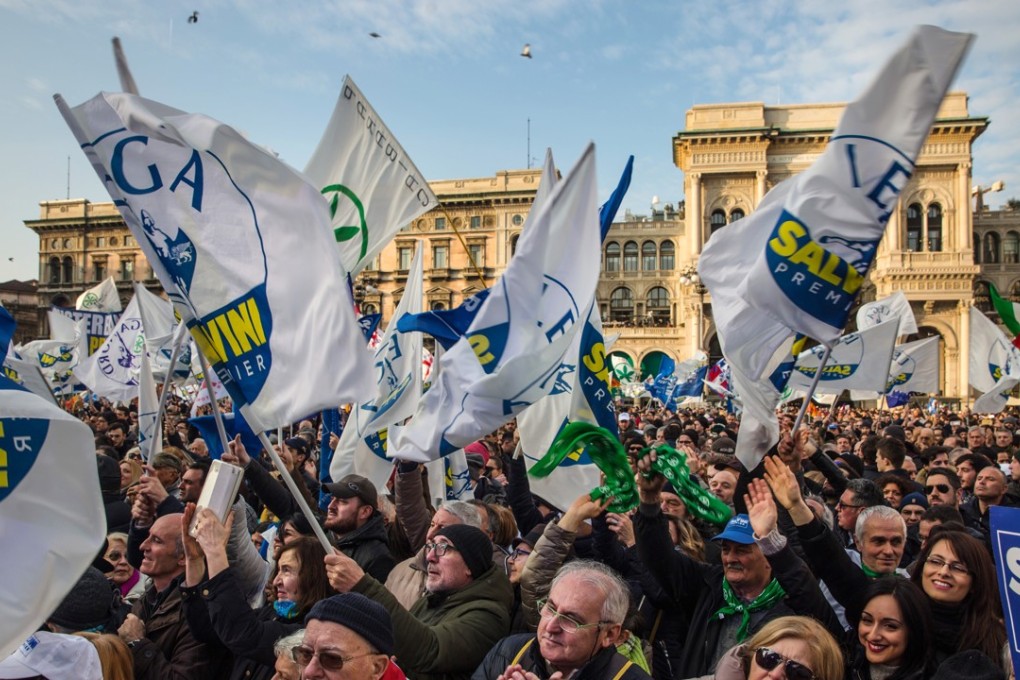Italy needs a pause on populism and a grand coalition of parties to kick start its stalling economy

Italy’s election this recent weekend was a watershed vote not just for a weary nation and its citizens but also for an international investment community that has played, and must continue to play, a major part in the recalibration of the country’s economy.
A decade after the Global Financial Crisis, Italy, the Eurozone’s third-largest economy continues to struggle to gain any real traction. Gross domestic product is forecast to grow by 1.4 per cent in 2018, which is welcome news, but this is still 1 percentage point behind the zone’s economic powerhouses Germany and France.
There is also the spectre of Italy’s public debt, which sits at over 130 per cent of GDP, continuing to be a brake on any government’s ability to ease the economic burden on Italian households or to invest in much needed infrastructure.
The social toll is probably best expressed statistically in youth unemployment, which presently sits at around 38 per cent, the Eurozone’s third-highest behind Greece and Spain. Italy continues to lose a generation of its best and brightest to neighbouring countries, and there is a growing feeling that young voters increasingly exasperated with their diminishing prospects will be a determining factor in the outcome of the polls.
It is a bleak picture indeed, one requiring mature and vigorous policy debate. Yet, listening to
all the major parties in this campaign, the economy has run a distant second to the twin evils of immigration and border control.